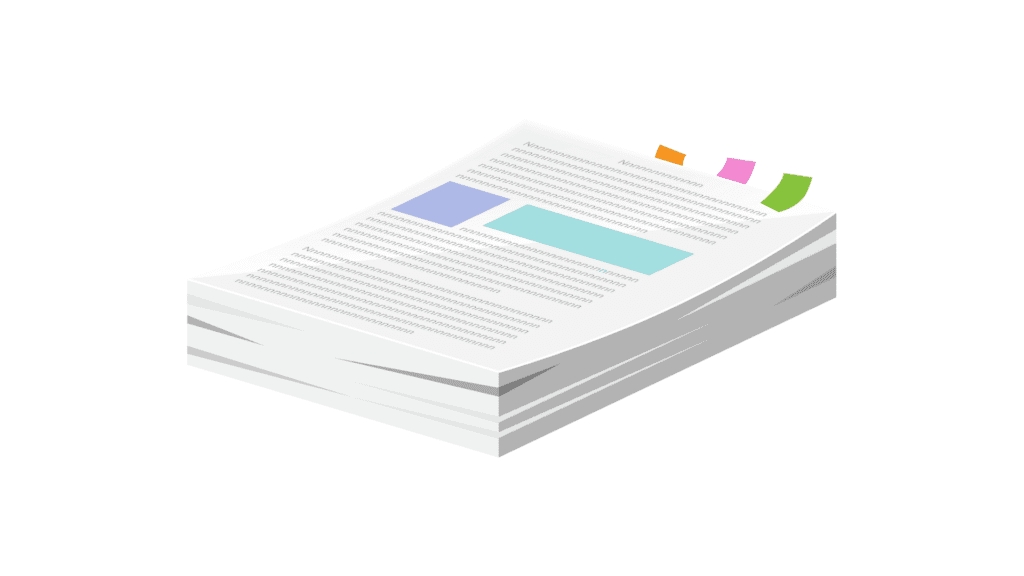Characteristics of a HIPAA Authorization

Think signing medical forms is just bureaucratic busywork? That HIPAA authorization might be the only thing keeping your medical secrets private.
Let’s break down what these forms actually do and why getting them right matters more than you think.
HIPAA Form Essentials
First up – a HIPAA authorization isn’t just another piece of paper collecting dust in your medical file. It’s your shield against unwanted sharing of your private health information.
Think of it like a bouncer for your medical records. It decides who gets in, what they see, and how long they can hang around. Without it, your medical history could become everyone’s business.
But here’s where things get interesting: not all HIPAA forms are created equal. Missing one required element makes the whole thing worthless – like a contract without a signature.
Must-Have Elements

Here’s what actually needs to be in these forms to make them legal:
The basics sound simple – what information gets shared, who can share it, and who gets to see it. But the devil’s in the details. You need specific descriptions, not vague handwaves about “medical records.”
Time limits matter too. Every authorization needs an expiration date. “Forever” isn’t an option, no matter how much paperwork hospitals want to avoid.
And everything needs your signature, dated and witnessed. Without it, the form’s just expensive scratch paper.
Required Statements
Here’s where HIPAA forms get serious. They must tell you three big things:
First, you can cancel anytime. It’s your right, and they have to spell it out clearly.
Second, they need to be honest about whether refusing to sign affects your treatment. Some things, like research studies, can require authorization to participate.
Third, they have to warn you that once your information leaves their hands, HIPAA might not protect it anymore. Think of it like a “point of no return” warning.
Research Gets Extra Strict

Using medical records for research? The rules get even tighter.
Research authorizations need study-specific details. No blanket permissions for “future research” allowed. Each study needs its own form, its own explanation, and its own signature.
Why so strict? Because research can get complicated, and your privacy matters more than scientific convenience.
Real World Consequences
Want to know why this matters? Let’s talk money – specifically, fines.
Healthcare providers who mess up HIPAA authorizations face massive penalties. We’re talking enough zeros to make an accountant sweat. And that’s just the financial hit.
The reputation damage? That costs even more. Nobody wants to trust their medical secrets to a place known for privacy breaches.
Getting It Right
Want to avoid problems on either side of that authorization form?
Keep it crystal clear. If a fifth-grader can’t understand it, it needs a rewrite. Legal jargon doesn’t impress anyone, especially when privacy’s at stake.
Make it specific. Vague permissions are like blank checks – nobody should be signing them with their medical information.
Keep it separate. Don’t bury HIPAA authorizations in other paperwork. They deserve their own spotlight and their own signature line.
In summary HIPAA authorizations aren’t just paperwork – they’re your privacy’s last line of defense.
Read before you sign. Know what you’re allowing. And remember: your medical privacy is worth the extra five minutes it takes to understand these forms.
